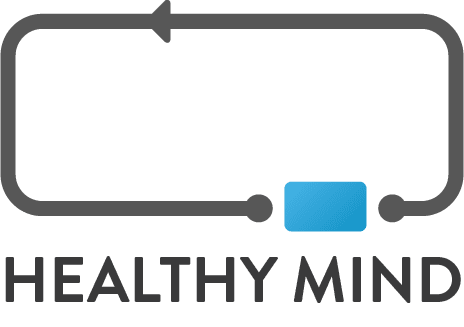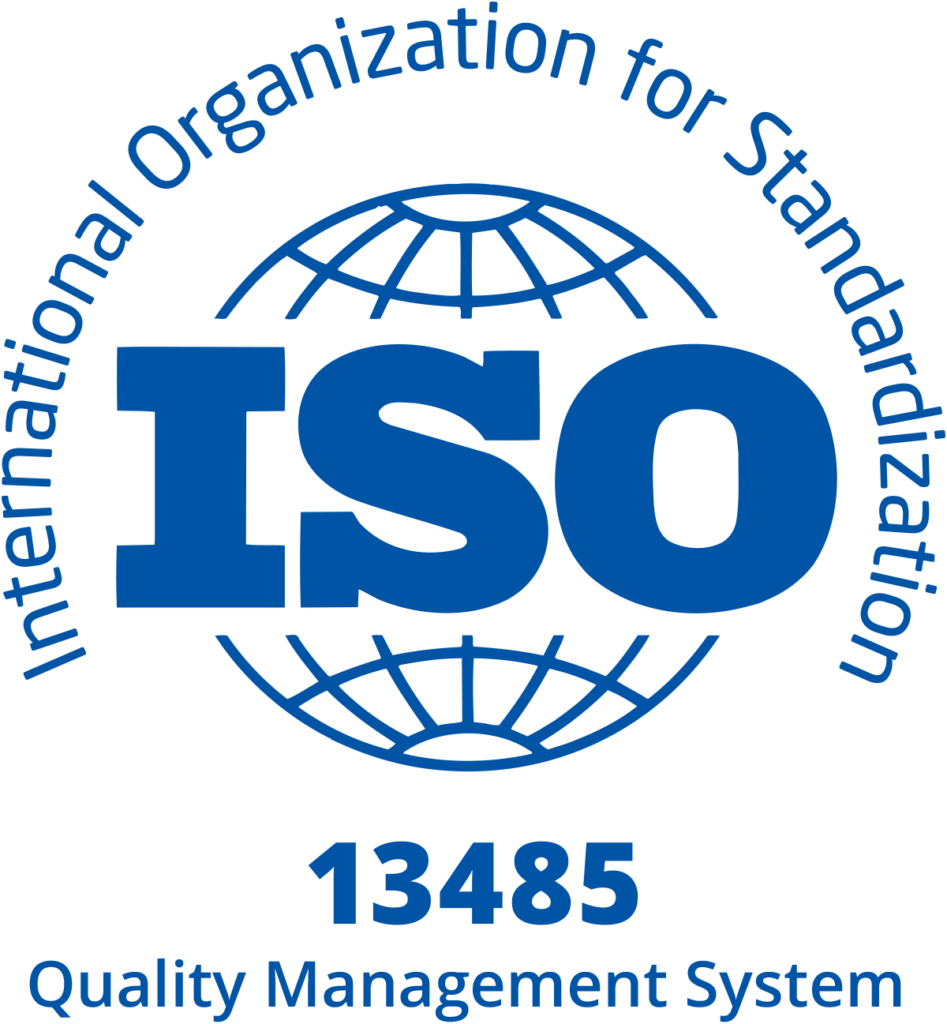Anxiety results from a feeling of fear in the face of danger, interminable expectation or indefinable suffering. Because of the inconvenience they cause in everyday life, the physical manifestations of this disorder, such as stress, palpitations, insomnia or fatigue, often lead to medical consultation. However, medicinal solutions only offer momentary respite and not the prospect of lasting relief. So how can anxiety be reduced in the long term? We suggest three therapeutic practices that will help you to calm down naturally.
1. Turning to sophrology to ease your anxieties
The principles of the method
Inspired by Eastern traditions such as yoga, zen and meditation, the psychiatrist Alfonso Caycedo devised a body and mind training method in the 1960s. This technique is based on both relaxation and breathing in order to achieve a state of balance. Caycedian sophrology uses visualisation, anchoring, positive action and meditation to achieve a state of deep relaxation.
The exercises proposed by the sophrologist encourage muscular relaxation and stimulate the imagination in order to dispel stress. Sophrology is particularly indicated in a therapeutic setting for cases of anxiety (panic, phobia, generalised anxiety, etc.), depression, infections of psychosomatic origin, sleep disorders, as well as stress prevention and control.
Why does it work to reduce anxiety?
When faced with a surge of anxiety, people quickly find themselves helpless in the face of their sensations. Their heart races, their palms become sweaty, a lump forms in the back of their throat and their thoughts focus on the escalating feeling. From then on, this wave of emotions takes control and overwhelms everything in its path.
Sophrology shares techniques for dealing with this storm. When the sensations start to become unmanageable, it suggests returning to the breath, but also relying on visualisation to calm down. Focusing on another aspect and projecting oneself into a happy moment creates a sense of calm. As the sessions progress, it becomes easier to observe one’s emotions, which allows one to spot when anxiety is occurring and to respond appropriately.
Two studies have been conducted to evaluate the effectiveness of Caycedian sophrology. The first, by the IFMK in Nancy, showed a significant improvement in symptoms related to stress, anxiety and depression. The second was carried out between May and June 2015 under the direction of Professor Antonio Bénin, Head of Psychiatry at the Autonomous University of Barcelona and Head of the Anxiety Disorders Department at the Hospital del Mar in Barcelona. This study once again attests to the effectiveness of sophrology in cases of anxiety and depression.

2. Considering hypnosis to relieve stress and anxiety
The basics of the practice
Stress results from the anticipation of the negative consequences of a situation. In everyday life, it can quickly become unmanageable as its repercussions threaten psycho-emotional balance and physical health. Hypnosis proposes a journey to the heart of the subconscious to act in depth. The sessions consist of bringing the patient into a modified state of consciousness, halfway between wakefulness and sleep. Through mental suggestions, the hypnosis practitioner induces this state which is characterised by an indifference to the outside world and hyper suggestibility.
An anxious feeling is manifested by the secretion of adrenaline which then leads to an increase in heart rate, blood pressure and blood sugar. The exercises offered in hypnosis sessions act directly on these symptoms. Through breathing and relaxation techniques, the patient is encouraged to let go and take a step back. The hypnotherapist’s guidance helps to reshape negative thoughts into a more positive version.
Why is it so effective for managing anxiety?
Like sophrology, hypnosis proposes to learn relaxation techniques that are sustainable and reusable by the patients. Thus, they will be able to mobilise their own resources when an anxiety disorder arises. The sessions invite the patient to regain control and not to be overwhelmed by invasive sensations. Hypnosis creates many anchor points such as the secure place, which serve as shelters for calming oneself. As a result, hypnosis allows one to anticipate and channel one’s feelings in the face of an anxiety-provoking element or to deal with a traumatic experience.
By restoring a sense of security and self-confidence, hypnotherapy is an effective way to relieve stress. An article published in the Swiss Medical Journal confirms this effectiveness by valuing the hypnotic solution for treating phobogenic events and as supportive therapy for anxiety control. On the other hand, the report conducted by Inserm (National Institute of Health and Medical Research) highlights the interest of hypnosis in the medical context for surgery or interventional radiology. Indeed, its analgesic effects have been corroborated in several studies (6 RCTs).

3. Immersing yourself in therapeutic virtual reality to reduce anxiety
The origin of the device
When we talk about virtual reality to reduce anxiety, we are obviously talking about the therapeutic version and not about video games. Far from its entertaining aspect, the 3D glasses offer a non-medicated alternative that is highly effective in making you feel at ease. Indeed, the immersion of VR headsets leads the patient to divert attention from his feeling of suffering or his anxieties. This powerful tool shows an anxiolytic and analgesic action that reduces the need to take medication. For this reason, the device is of particular interest in anxiety-provoking situations such as surgery under locoregional anaesthesia, in a dental practice or during PRP injections.
The multisensory experience of the Healthy Mind virtual reality headset offers several principles to increase the feeling of well-being:
- realistic and soothing 3D environments;
- unique hypnotic discourses adapted to the chosen simulation;
- targeted breathing exercises to achieve cardiac coherence;
- an immersive sound atmosphere based on the benefits of music therapy.
Every detail is optimised to reduce anxiety and pain. To avoid headaches and nausea, the immersions are also designed without cyberkinetosis.
You can discover the comfort of using virtual reality headsets in this report from the oncology department in Yverdon.
Why is it relevant for relieving tension?
It is difficult for a person who is in a state of anxiety to escape from it. As soon as the first nervous symptoms appear, the mind focuses on the discomfort and this attention amplifies the physical manifestations, leading to a vicious circle that increases the anxiety tenfold. To get out of this loop, it is necessary to slow down the intrusive thoughts and to direct one’s consciousness towards a less anxiety-provoking aspect.
Of course, this approach is complex in a stressful environment and this is precisely the interest of therapeutic virtual reality headsets. The total immersion of this device leads the user to focus on the landscape that evolves before his or her eyes, regardless of the place where he or she is. Moreover, the relaxing techniques associated with the environment complete and enrich the relaxation process.
Dozens of international scientific publications now demonstrate the effectiveness of therapeutic virtual reality in reducing anxiety and pain. Among them, a systemic study of 18 publications attests to a significant reduction in stress and suffering with the use of a VR headset. In another context, post-marketing data from the Pallia-Vie House in Switzerland also show a 70% reduction in anxiety among patients in palliative care units. Timothee Cabanne develops these aspects in an article for VR for Health where he presents the Healthy Mind solution.
Beyond these clinical results, the testimony of a user transmitted by Seleman Nabiyar, a nurse clinician at the Cecil Clinic in Switzerland, delivers a poignant message about this therapeutic practice:
“She had tried everything, but nothing worked (…) After twenty minutes of the session, she was in tears and told us that she hadn’t felt this good for a long time. For her it was like being on holiday.”
Because of its symptoms, stress often paralyses those who suffer from it. Rather than drug solutions, therapies such as sophrology, hypnosis and virtual reality offer a sustainable and effective alternative. At Healthy Mind, we have chosen to develop the latter option as it combines many relaxing principles in one accessible and practical tool. If you would like to test the effectiveness of this method yourself, we would be delighted to offer you a demonstration.







